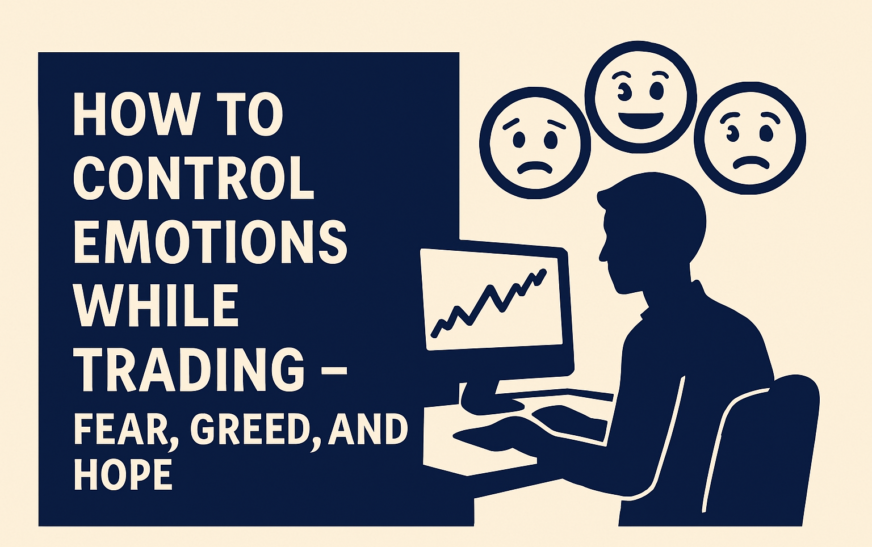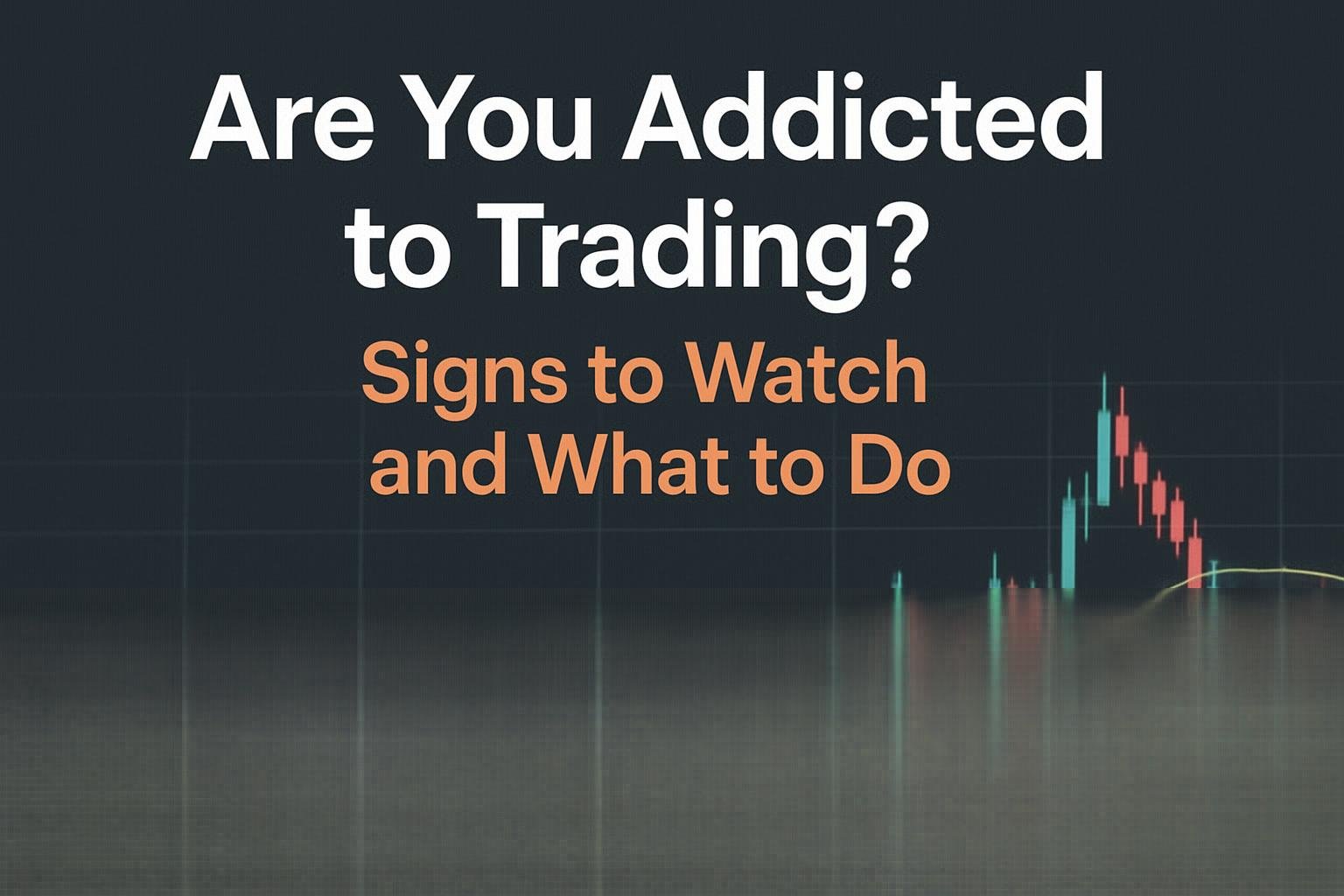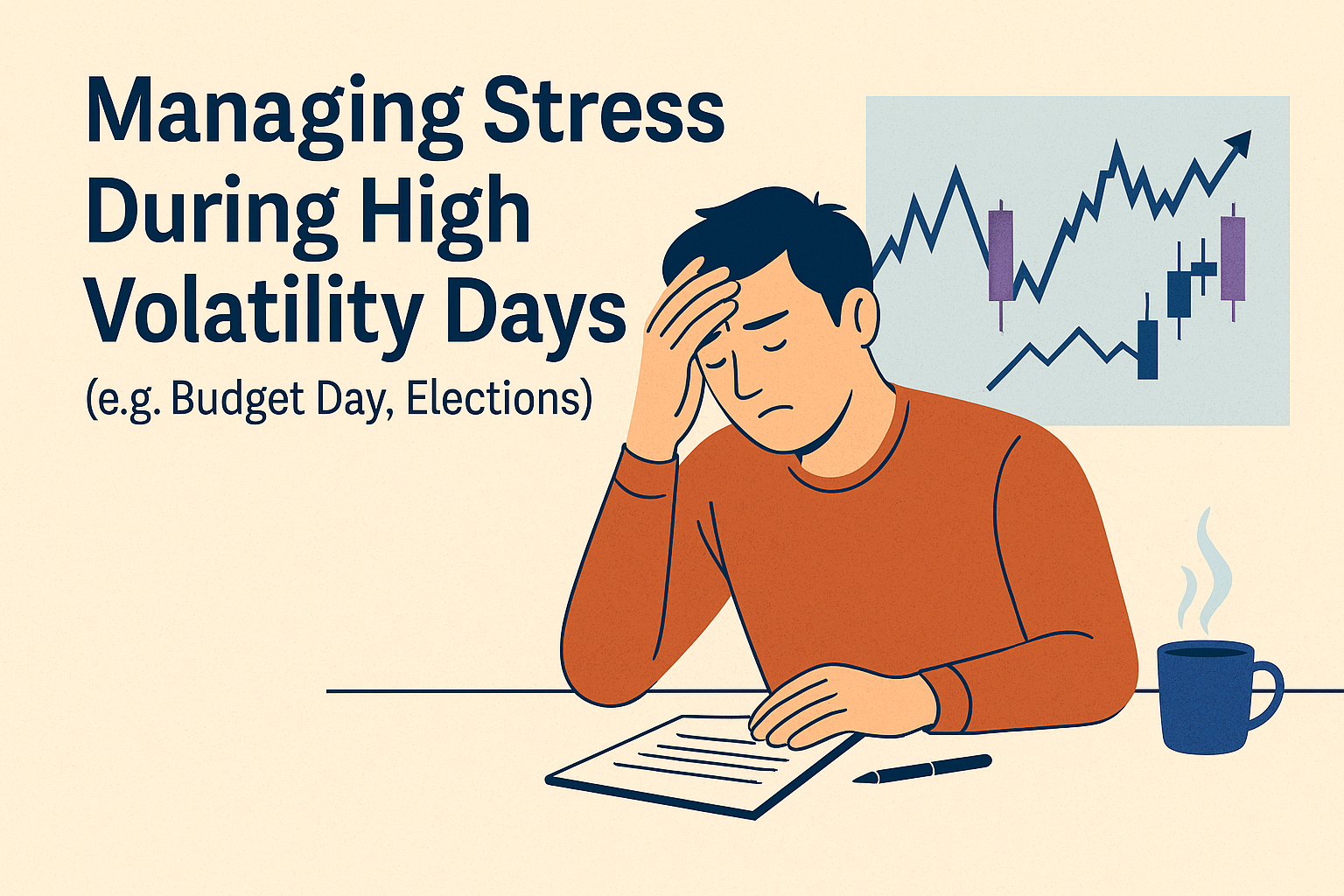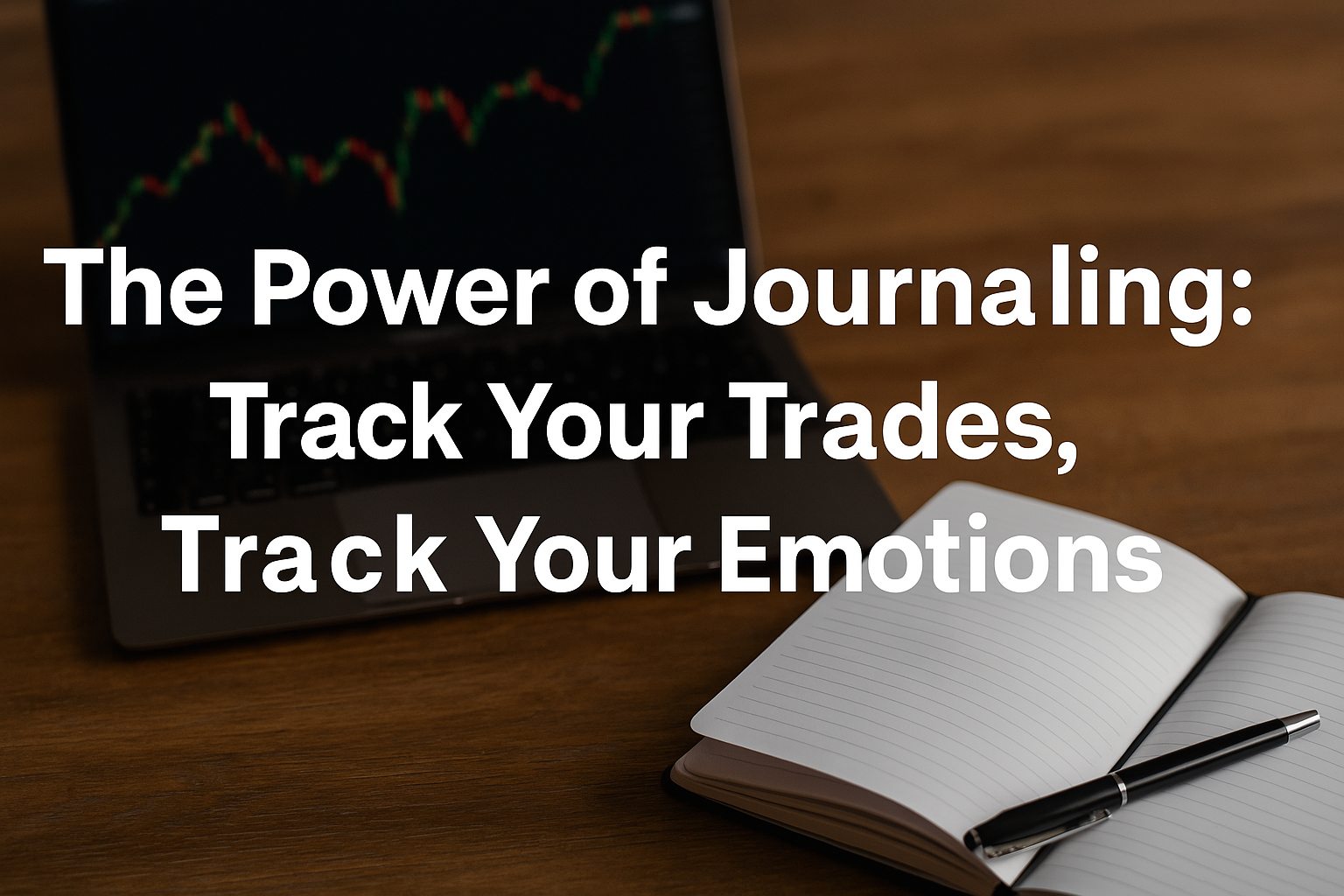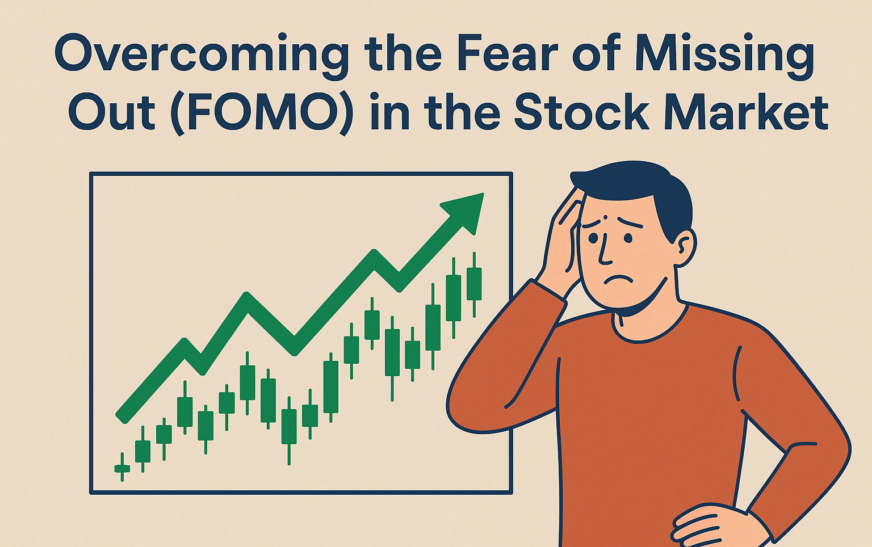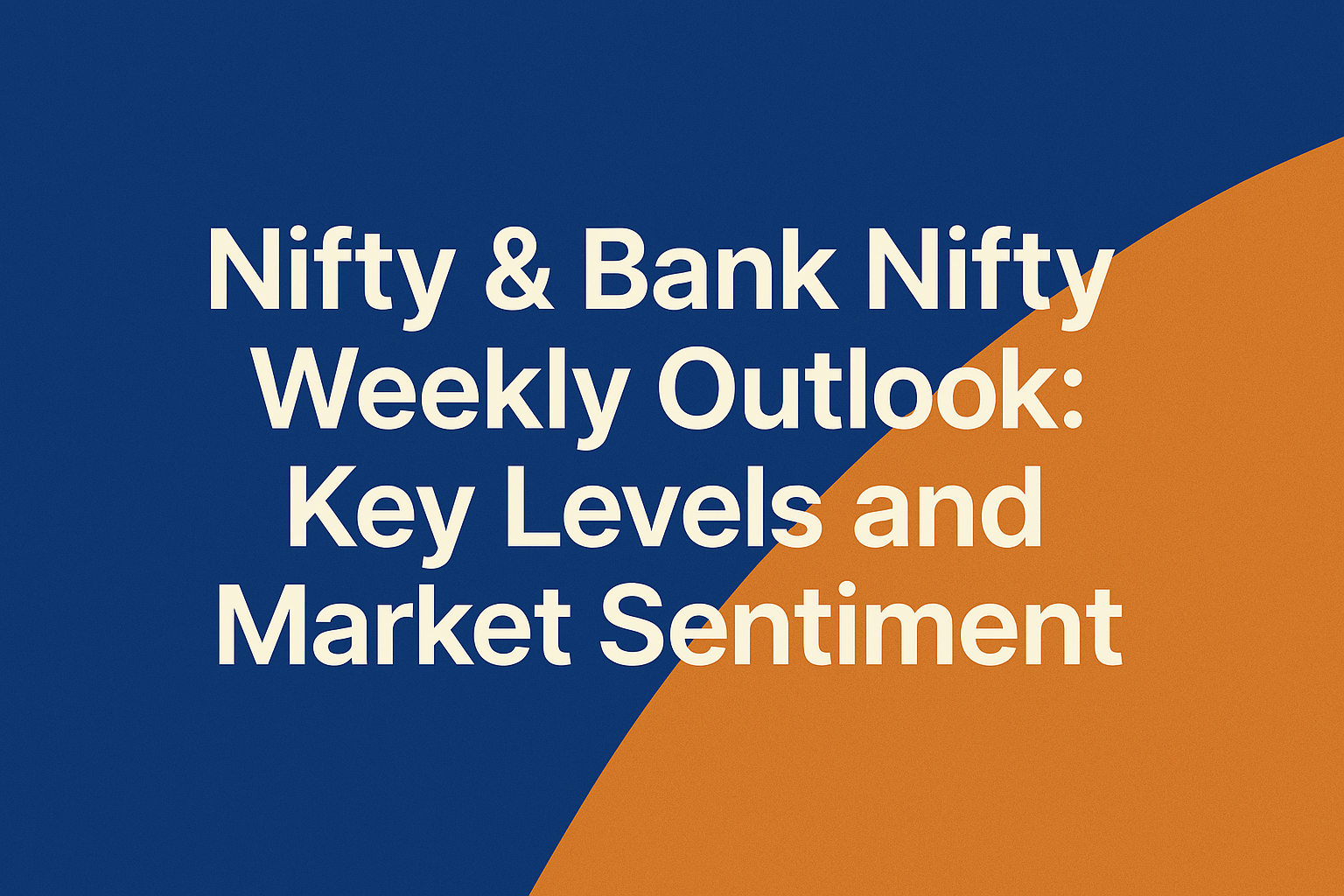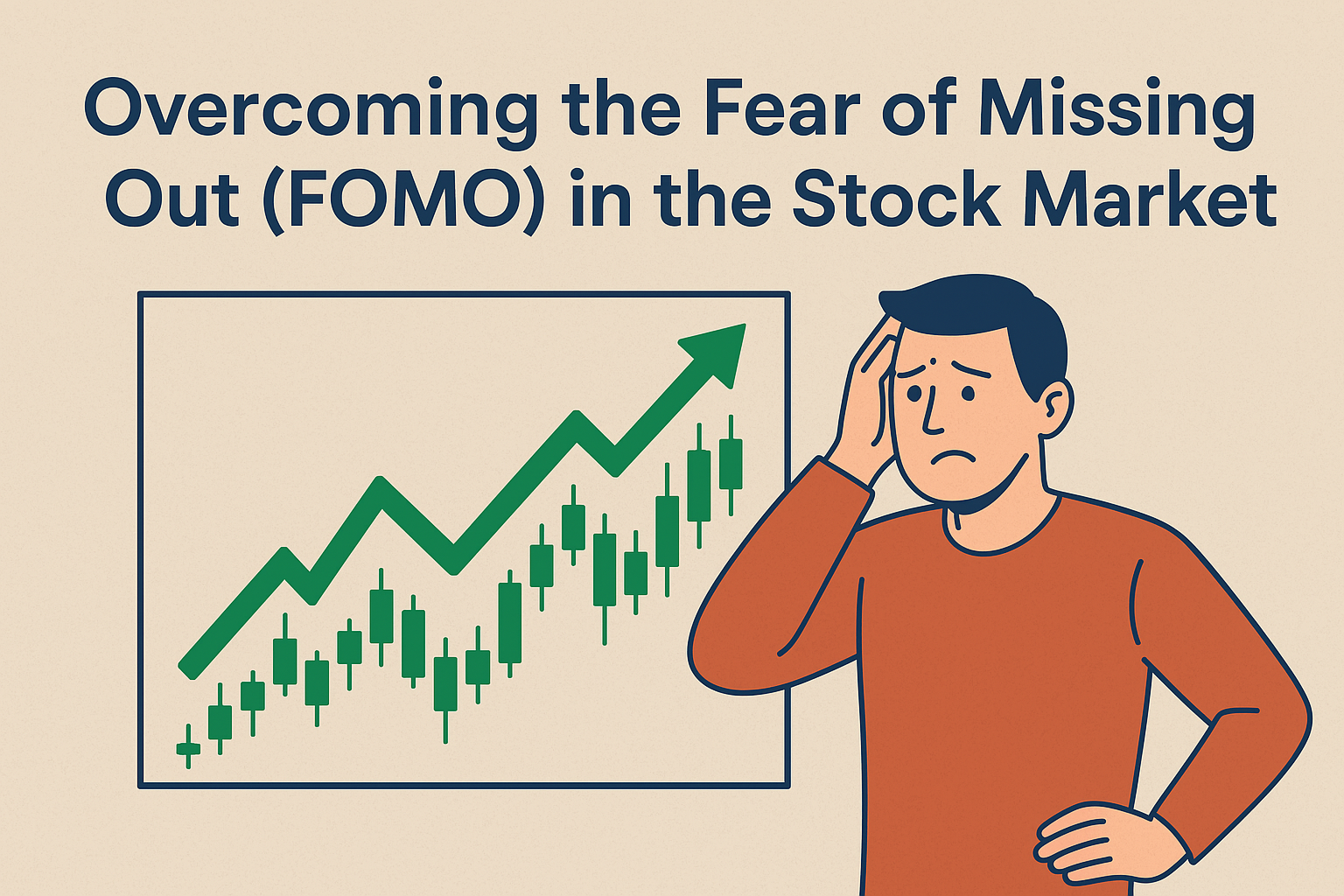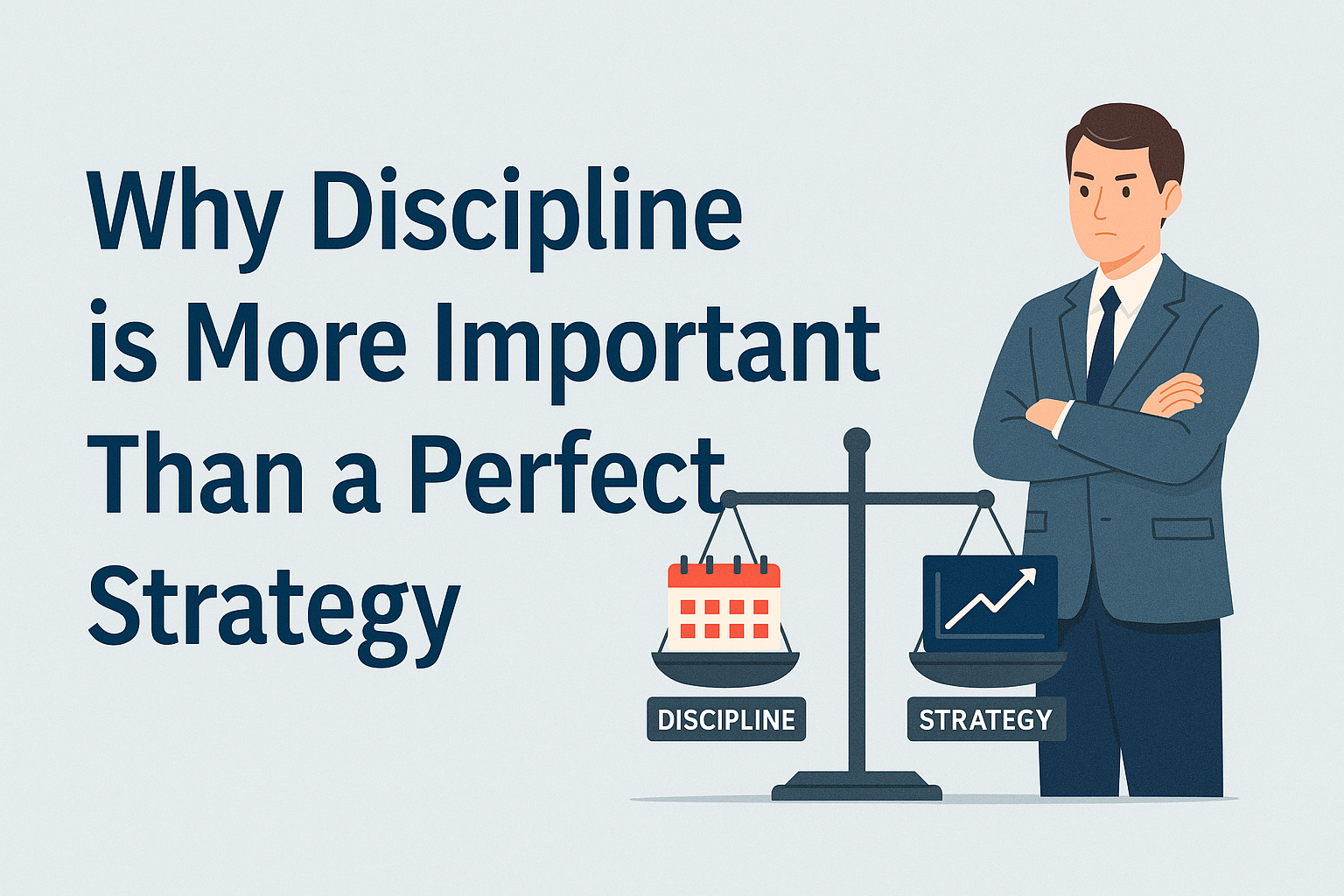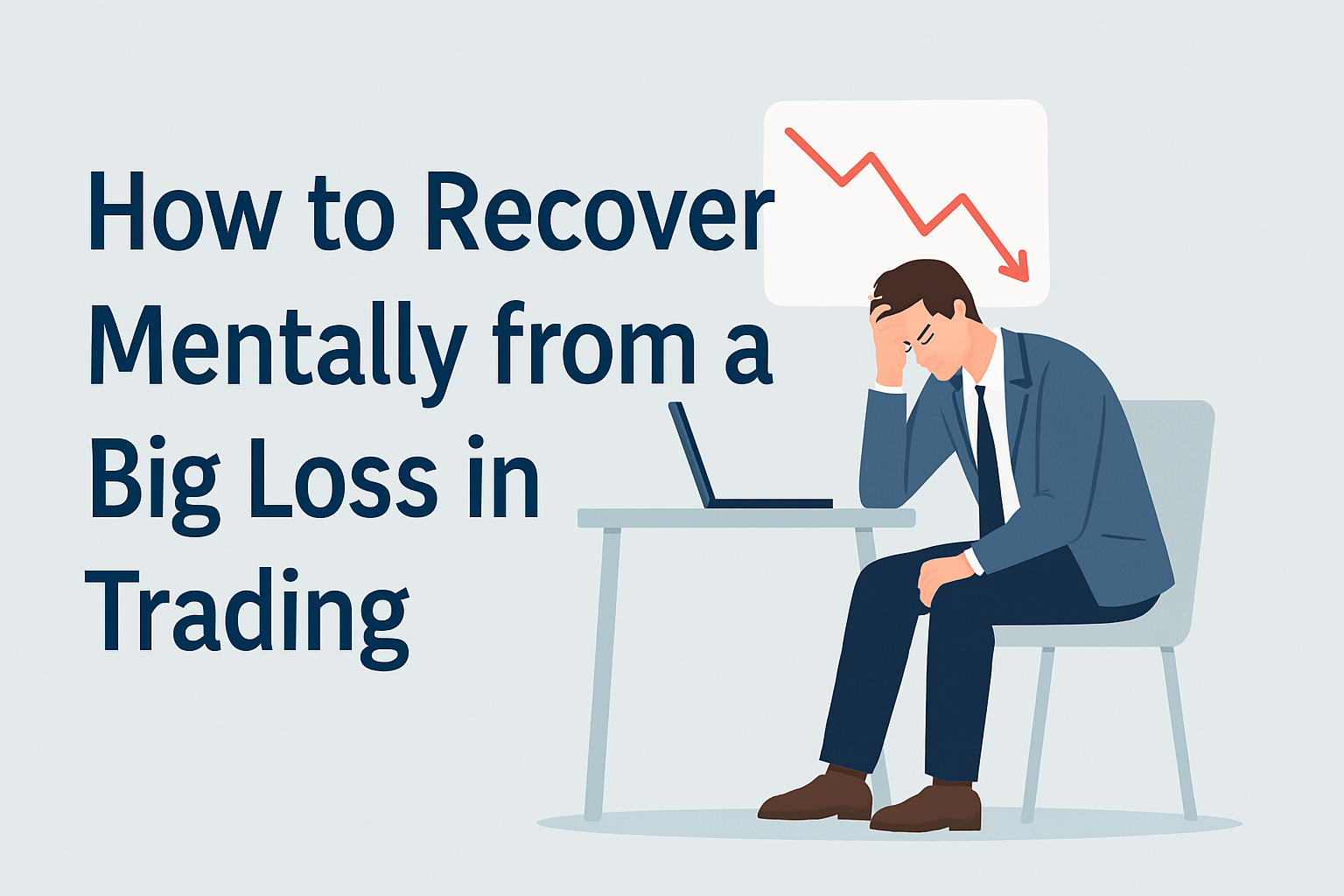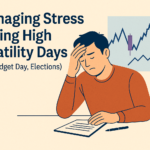ntroduction
Emotions are a trader’s worst enemy. While markets move based on data, traders often react based on feelings. Fear leads to hesitation, greed leads to overtrading, and hope keeps you holding losing trades. Mastering these emotions is not just helpful—it’s essential for long-term success.
In this article, we’ll break down each major emotion and offer practical strategies to manage them effectively.
1. Fear: The Paralysis That Prevents Action
What It Looks Like:
- Afraid to enter trades even after analysis
- Exiting trades too early to avoid loss
- Avoiding the market after a previous loss
Why It Happens:
Fear comes from uncertainty or a lack of trust in your system. One or two losses can shake your confidence and create hesitation.
How to Manage It:
- Use proper position sizing so losses are tolerable
- Set predefined stop-losses so you know your risk
- Trade your plan, not your emotion
- Accept that losing trades are part of the process
2. Greed: The Impulse That Breaks Discipline
What It Looks Like:
- Taking too many trades in a single day
- Holding winners too long and watching them reverse
- Increasing trade size after a few wins
Why It Happens:
Greed is triggered when you focus on money instead of execution. It creates a false sense of control and fuels overconfidence.
How to Manage It:
- Set daily trade limits and follow them strictly
- Book profits based on your plan, not on how much more you could make
- Keep reminding yourself: consistency over big wins
- Use a journal to track when greed affected your performance
3. Hope: The Emotion That Keeps You in Losing Trades
What It Looks Like:
- Refusing to cut losses, expecting a reversal
- Avoiding stop-losses and praying for recovery
- Ignoring technical signals because “it might bounce back”
Why It Happens:
Hope is comforting but dangerous. It overrides logic and delays necessary decisions, often turning small losses into big ones.
How to Manage It:
- Always trade with a defined exit plan
- Respect technical and risk rules, even if it hurts
- Track and review trades where you relied on hope—it’s a habit that can be broken
- Remind yourself: the market doesn’t care about your feelings
General Tips to Control Trading Emotions
- Have a written trading plan and follow it strictly
- Review your trades weekly to identify emotion-based decisions
- Take regular breaks during trading sessions
- Avoid trading when emotionally drained or distracted
- Focus on process, not profit
Conclusion
Controlling emotions like fear, greed, and hope is what separates a disciplined trader from a reactive one. The market rewards logic, patience, and structure—not emotion. By developing emotional awareness and putting systems in place, you’ll not only protect your capital but also trade with more confidence and consistency.

